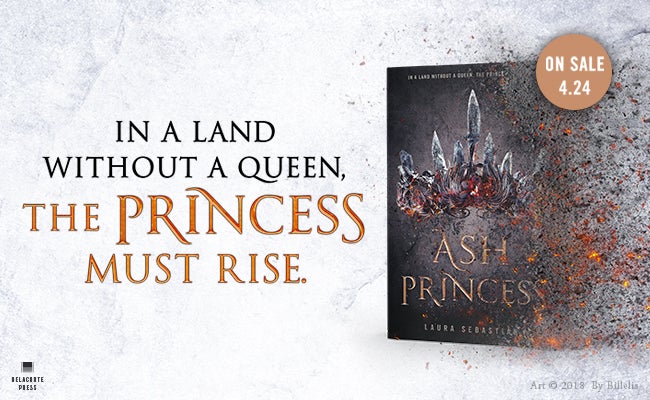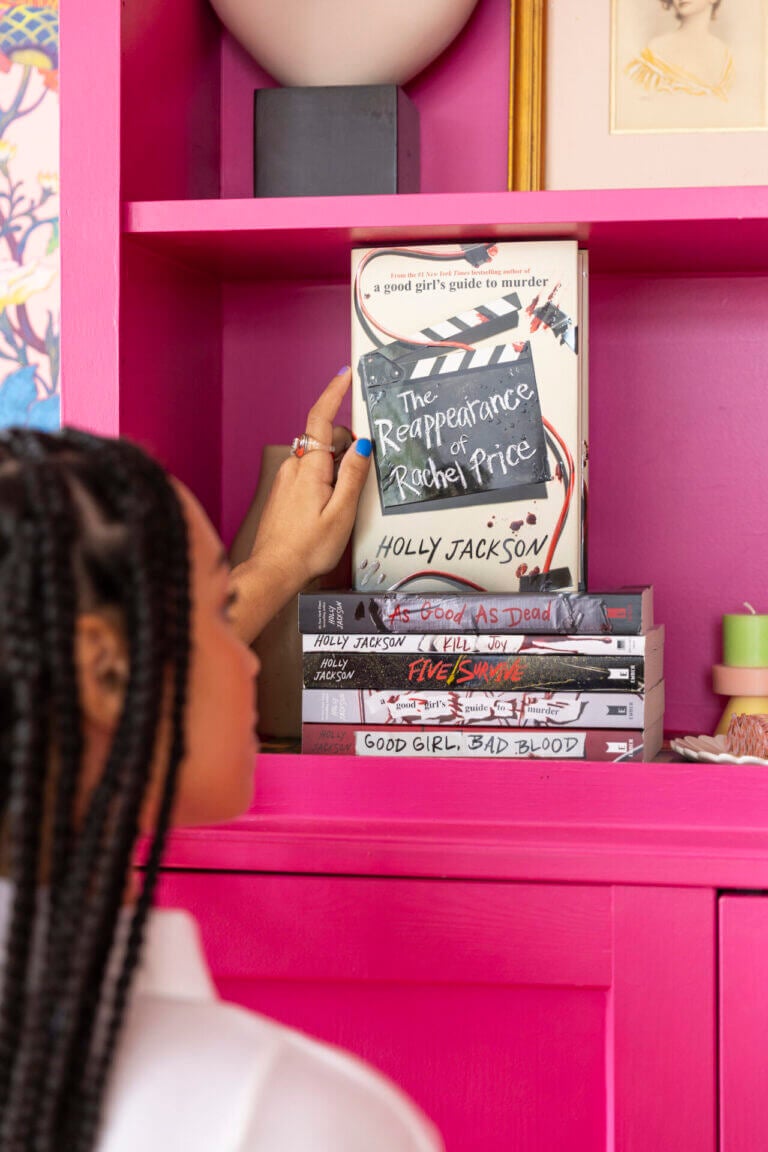Just WAIT until you meet Theodosia in Laura Sebastian’s debut novel Ash Princess. She is totally fierce, but maybe not in the way you’re used to. Laura Sebastian got to thinking about why some female characters are called unlikable, even when we end up rooting for them. Here’s what she had to say…

The word unlikable has become ubiquitous in talking about heroines, used to describe everyone from Katniss Everdeen in the Hunger Games to Lada Dragwlya in And I Darken to Princess Katherine in Three Dark Crowns. You see it pop up in reviews and discussions, and it’s usually meant as a good thing, a way of saying “this character is not easy to digest, they have flaws, they’re sometimes difficult to root for, just as any real person would be.” But I’ve long been bothered that it’s only ever used to describe female characters. Male characters with the same traits are termed “well-rounded” or “fully fleshed out.”
Maybe it’s because for so long, heroines weren’t complex or layered or flawed—they were merely pretty, hollow, wholly likable cutouts who existed only in relation to the hero. They didn’t have to make difficult choices or reckon with consequences—those journeys were saved for their male counterparts. They simply had to support the male protagonist along the way or be there waiting for him at the end. There was no opportunity for them to be unlikable because there simply wasn’t enough of them on the page to dislike.
But we aren’t talking about disliking them, are we? After all, most people like Inej and Nina from Six of Crows and Mare Barrow from Red Queen—but not everyone does. Just as no person can be universally liked, it stands to reason that no well-developed character should be, either. And that is what we’re talking about when we call a female character unlikable. We’re saying that they’re real, that they’re relatable.
These girls tend to be ambitious and desperate and bitter and reckless and stubborn, and they have the audacity to want things and the grit to take them. They make mistakes, they trust the wrong people, and sometimes they outright fail, but they wouldn’t be nearly as compelling—or human—if they didn’t.
There’s nothing inherently unlikable about so-called unlikable female characters, and we should stop pretending that there is.




